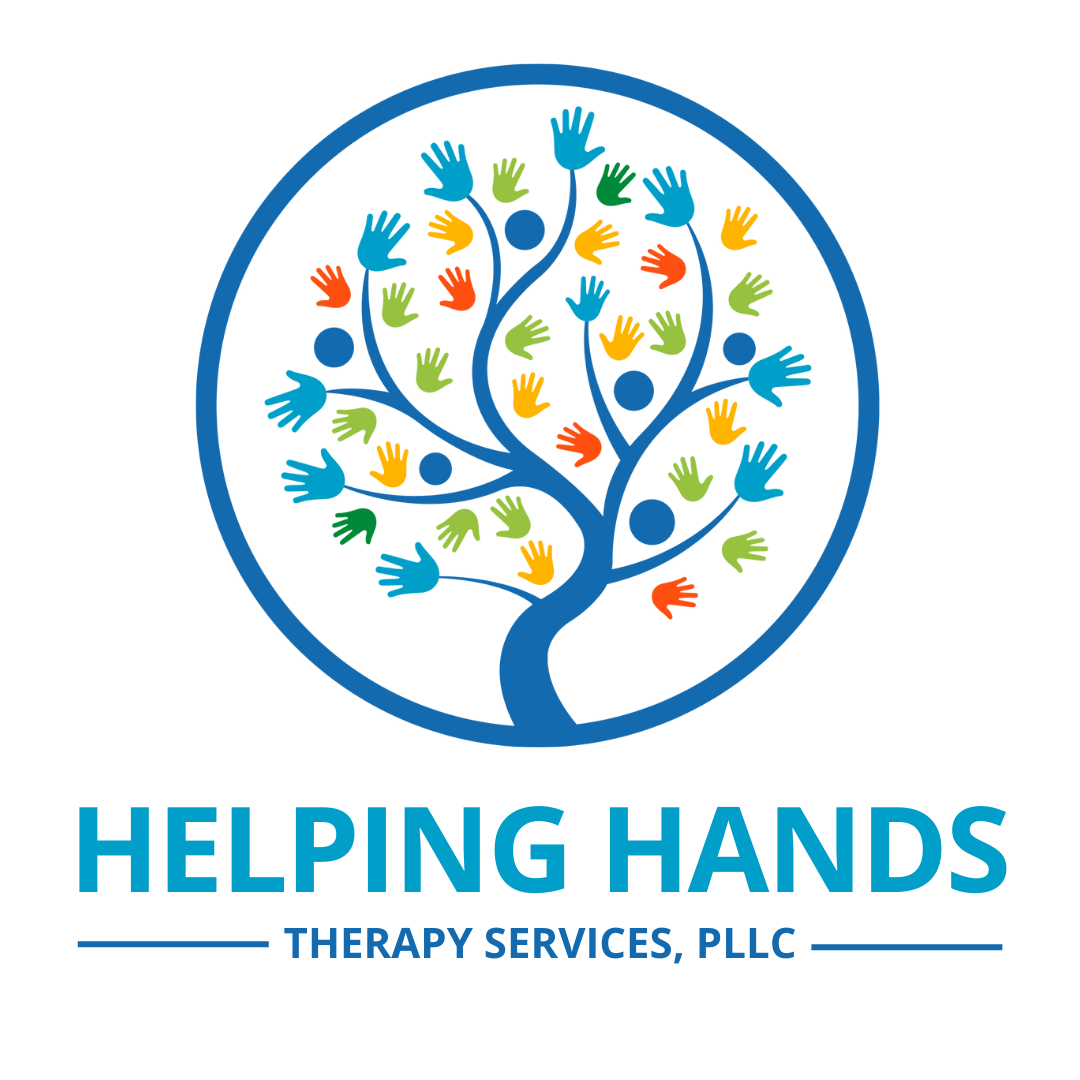ARTICULATION: Tips to Practice at Home
What is Articulation?
Articulation refers to making sounds. The production of sounds involves the coordinated movements of the lips, tongue, teeth, palate (top of the mouth), and respiratory system (lungs). There are also many different nerves and muscles used for speech.
Articulation is one concept that is often addressed in Speech Therapy.
Here are a few tips to help make practicing articulation at home easier and more attainable.
1. INCORPORATE INTO ROUTINES: Add speech therapy home practice to a daily routine that is already well established (e.g. right before completing homework, before turning on the TV, right after teeth brushing before bed; avoid practicing while chewing).
2. KEEP IT SHORT: Start with 3 minutes every day and progress to 10 minutes every day. Realistically, if you get in 3 practice sessions over the week, you are significantly boosting your child’s progress toward goals.
3. FREQUENCY IS KEY: Frequent but shorter duration leads to more success (e.g., practicing 5 times a week for 5 minutes is better than 2 times a week for 20 minutes).
4. PUT UP REMINDERS: Put sticky note reminders or the articulation words in locations you frequently look at (e.g. fridge, by the dining table or TV, bathroom mirror)
5. MAKE IT FUN! Always pair practice with a game or heavy work so your child will be excited to practice! Include lots of reinforcement and praise while practicing. Include siblings, or make it a special 1:1 time with mom/dad.
6. PRACTICE AT THE RIGHT LEVEL: Make sure you are practicing at the right level with the specific practice ideas/tips provided by your speech therapist.
7. SET UP FOR SUCCESS: Practice when your child is alert and regulated.
Did you find these tips for Articulation helpful? Which tip was your favorite? Let us know!
Do you need help with Speech Therapy? Articulation is just ONE of the many things we can help you with at Helping Hands Therapy, in both individual and group settings!
If you're interested in receiving Speech Therapy or learning more, give us a call: 757.698.4681
Check out our upcoming Language Enrichment Classes for January 2023!
Click Here: Preschool Language Enrichment: 3 to 5 years
Click Here: Toddler Language Enrichment: 16 months to 3 years
About the Author: Jessica Smith, MSEd, CF-SLP. Jessica Smith is a pediatric speech therapist with 2 years of experience in the field of speech-language pathology and has two young children of her own. She has worked in pediatric outpatient clinics, an oral preschool for children with hearing loss, and skilled nursing settings.
Edited by Shelby O’Connor, MOTR/L
Information obtained and edited from www.speechpathways.ca


